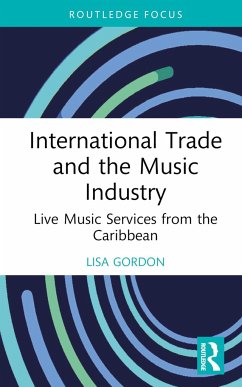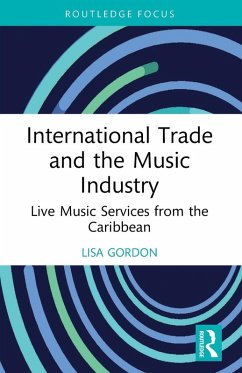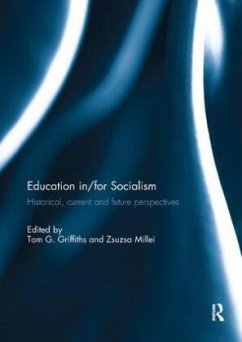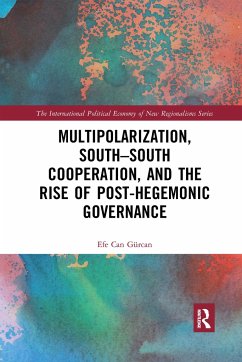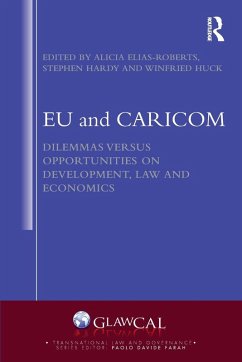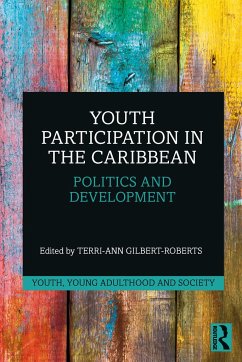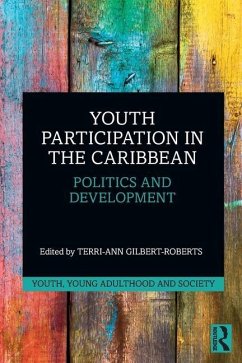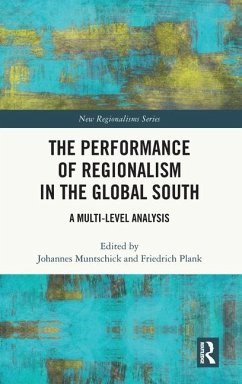
Pan-Caribbean Integration
Beyond CARICOM
Herausgegeben: Lewis, Patsy; Gilbert-Roberts, Terri-Ann; Byron, Jessica
Versandkostenfrei!
Versandfertig in 6-10 Tagen
45,99 €
inkl. MwSt.

PAYBACK Punkte
23 °P sammeln!
A critical part of the history of regionalism in Latin America and the Caribbean is to be found in the widening of the economic and functional relationships among the English-speaking Caribbean to embrace other countries in the Greater Caribbean.Bringing together a range of international experts to explain the broad thrusts of CARICOM's widening project and the opportunities and challenges it presents, the book pays particular attention to CARICOM's relations with the French Caribbean territories. Providing a review of the pan-Caribbean landscape this volume notes the impact of these new relat...
A critical part of the history of regionalism in Latin America and the Caribbean is to be found in the widening of the economic and functional relationships among the English-speaking Caribbean to embrace other countries in the Greater Caribbean.
Bringing together a range of international experts to explain the broad thrusts of CARICOM's widening project and the opportunities and challenges it presents, the book pays particular attention to CARICOM's relations with the French Caribbean territories. Providing a review of the pan-Caribbean landscape this volume notes the impact of these new relationships on internal CARICOM affairs; inter-regional/South-South cooperation; and political and legislative changes in European metropoles of the non-independent territories. It also contemplates recent developments in the region and globally, such as political instability in Brazil and Venezuela, Britain's decision to leave the European Union and the policies of the Donald Trump administration.
This edited collection will be an important resource for students and researchers in Latin American and Caribbean politics, economics, development, history and heritage.
Bringing together a range of international experts to explain the broad thrusts of CARICOM's widening project and the opportunities and challenges it presents, the book pays particular attention to CARICOM's relations with the French Caribbean territories. Providing a review of the pan-Caribbean landscape this volume notes the impact of these new relationships on internal CARICOM affairs; inter-regional/South-South cooperation; and political and legislative changes in European metropoles of the non-independent territories. It also contemplates recent developments in the region and globally, such as political instability in Brazil and Venezuela, Britain's decision to leave the European Union and the policies of the Donald Trump administration.
This edited collection will be an important resource for students and researchers in Latin American and Caribbean politics, economics, development, history and heritage.





